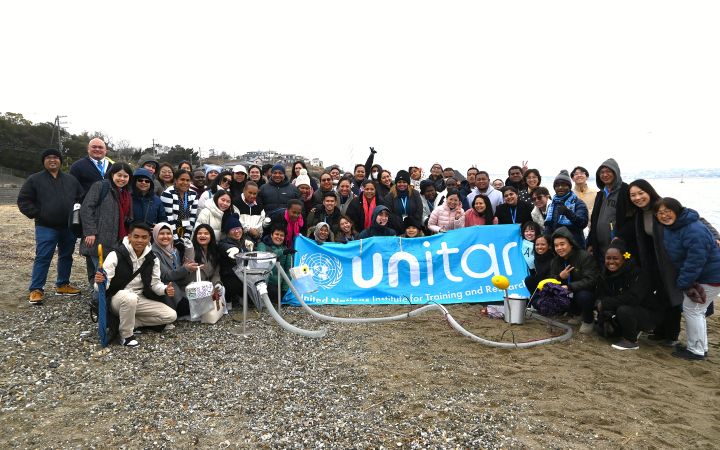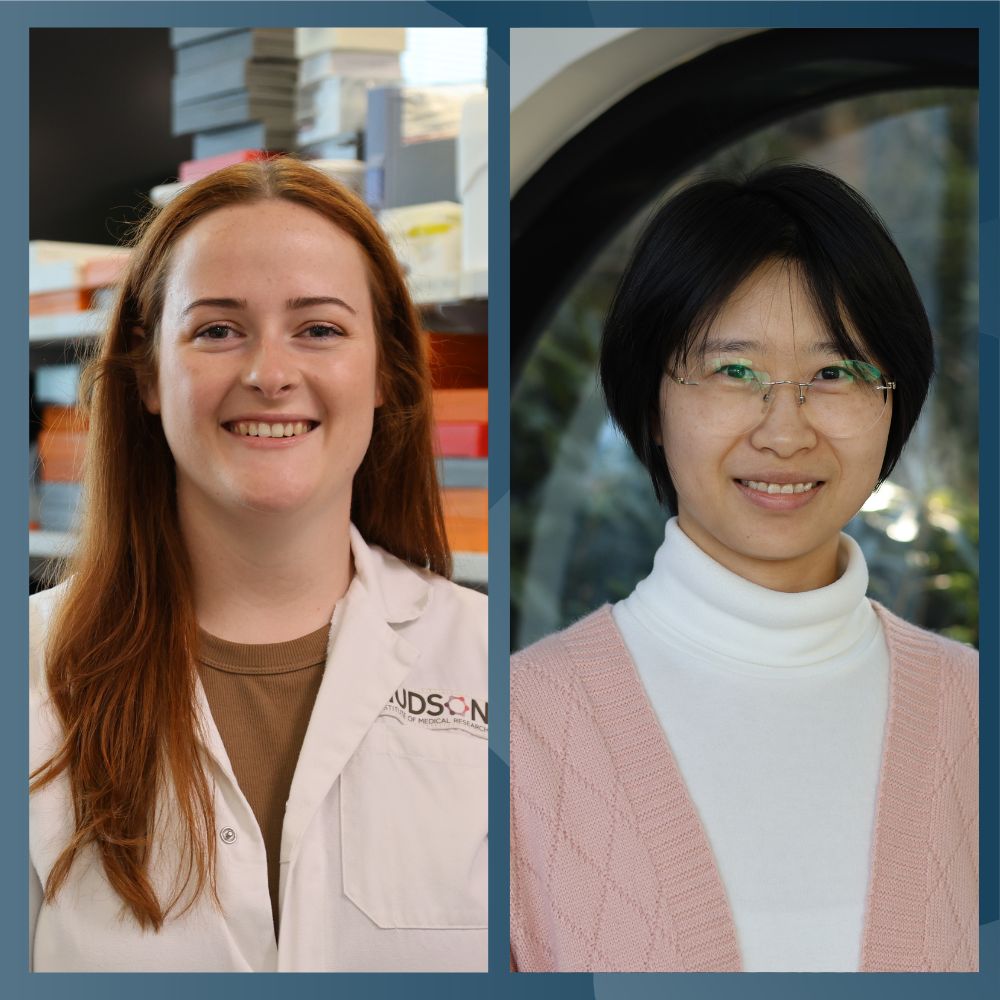This year alone, we have already seen more than 100 lives lost on Queensland roads.
Every crash involves emergency service officers, from general duties police, paramedics and sometimes firefighters.
After the sirens and lights have stopped, it’s the Forensic Crash Unit that remain on the scene for hours conducting investigations, collecting evidence and in many cases delivering the bad news to the victims loved ones.
Two Forensic Crash Unit officers have told their own stories, in their own words.
However, their message is the same. The majority of fatal or serious traffic crashes are preventable.
If any member of the public witnesses dangerous or anti-social behaviour on Queensland road, report it to police.
If the crime is happening now, call Triple Zero 000; or 13Hoon for anti-social behaviour.
Officer in Charge, Sergeant Stephen Coote from Toowoomba Forensic Crash Unit
I have been a police officer for over 21 years.
Of those I have spent about 14 years as a Forensic Crash Unit (FCU) investigator.
I don’t like putting a number on the amount of serious crashes I have investigated where people have been seriously injured or killed, but it would be in the triple figures.

Sergeant Stephen Coote on the job
When I tell people what I do for a living, the first question I hear is ‘Oh god how do you do a job like that?’ or ‘How do you go with all the dead bodies?’.
Like any emergency services worker I have probably seen a lot more than I should.
Unfortunately, our job does not end at the scene when we jump back in the vehicle. We continue with the investigation to provide answers where we can to the Coroner, the courts in some cases, but most importantly to the victims loved ones that are left behind.
It is a job we take very seriously, and many times despite our best efforts, we can never answer the questions a family has about why their loved ones are not with them anymore.
We talk to families, feel their grief and usually see the photos of happier times.
We see the messages and phone calls come through on victims’ phones at crash scenes from their loved ones, wondering when they are coming home.
The worst part of the job is being tasked to visit the victims loved ones to answer that question, in a way that no one wants to hear.
As distressing as the dead bodies are, to me something equally distressing is the person who is seriously injured and permanently disabled from crashes.
This is something that probably doesn’t get the attention it needs.
In the case of a victim who may be mentally or physically disabled as a result of a crash, the victim continues to suffer for the remainder of their life. And their family also suffer when they are continually reminded of how their loved one has now changed.
Another question that frequently comes my way when talking about my work is ‘what is the safest car to drive?’ From my experience the answer is simple – the one with the safest driver.
By far, most often the determining cause is human error, whether it be the deceased driver deemed at fault or otherwise.
When FCU investigate a crash, we take a holistic approach to the investigation, looking at issues relating to vehicle design and maintenance, environmental and engineering issues.

There are numerous reasons for a crash but they normally come back to the same origin – a lack of care and awareness is killing us.
Whether it be people that are distracted, drivers that are medically no longer capable of controlling a vehicle, drivers that decide to drive when impaired by fatigue, drugs and or alcohol, or drivers who simply just don’t care about the safety of others.
In recent years as our vehicles become more autonomous, more and more safety features are being engineered in vehicles to help compensate for the human element.
Call me simplistic but a lot of these features would be redundant if every time people drove a vehicle, they remember one of the first lessons they learnt in getting their licence, stay alert and keep your attention on the road.
The biggest support the motoring public could give to road safety is when they turn the key to start their journey, take a second to think about who is relying on them to get there – then think of the hurt and torment they will leave behind if they don’t.
Senior Constable Shona Hartles from Springwood Forensic Crash Unit
I joined the Queensland Police Service (QPS) in 1998, and I was only 20-years-old.
Shortly after leaving the academy I attended my first fatal traffic crash. I will never forget it and have never forgotten one since.
I joined the Forensic Crash Unit in 2003, my first day in the unit was on a Mother’s Day. I was called to attend a job before my shift had even begun.
An unroadworthy vehicle, driven by an intoxicated individual mounted a footpath and killed a pedestrian, who was walking with his mother.
I have attended many fatal and serious traffic crashes in my time, and I remember each and every one of them. They’re all horrible and tragic in each of their circumstances.

We attend and view the carnage and mayhem which confronts us. After the initial absorption of the scene, our first thought is almost always ‘this didn’t need to happen’ and ‘this was preventable’.
We’re then overcome by a profound sadness as to the utter waste of life and knowing what is to come – dealing with the witnesses and next of kin.
Nothing, and I mean absolutely nothing, that we can say or do will ever make these people feel okay with what has happened.
Nothing tears you apart more than being present whilst a loved one spills out all their raw and primal grief. Nothing is worse than watching a parent fall apart because they’ve just lost their child.
Yet, in Queensland this occurs a few times a week.
So, with all the due vigilance, experience and training that we can call upon, we investigate the scene.
We do everything that we can, to gather and record every single piece of evidence and garner every possible witness.
We then dedicate all our time and effort over the following days, weeks and months compiling evidence.
Our job is to complete either a report for the Coroner to make determination on the cause of death or a brief of evidence to hold an accused person accountable in court for their actions which destroyed the life or lives of another.
In between all this time, members of the FCU are being called to yet another job to do all the above again, and again, and again.
When will the madness end? Do people really believe it will never happen to them?
It is a privilege and not a right to drive a vehicle on a road shared by so many.
It is not acceptable to get behind the wheel after you’ve been drinking or taking drugs and risking the happy lives of innocent people.
People who think they have gotten away with driving under the influence are playing Russian roulette with not only their own lives but others too.
No one has the right to disregard the road rules and yet it happens daily. Monetary fines and loss of points only seem to deter a small number, but the truly reckless and lawless don’t care.
One death on Queensland roads is one too many.

If two passenger aircrafts crashed in one year, and killed 200+ Queenslanders, there would be outcry and people would avoid air travel.
Yet 200+ people die on our roads every year and people continue blatantly disregard the road rules.
If change is going to occur, we must first acknowledge that any life lost on our roads is not okay.
The Fatal Five isn’t some cheesy campaign. Almost every single road crash that I have attended over the years involved one or more of the Fatal Five.
What is extraordinarily rare is a true accident – something that could not have been reasonably prevented. I could count on one hand how many of those I have attended.
Everything else comes under the Fatal Five or deliberate and reckless behaviour.
I implore each and every road user to respect everyone else on the road. They all have lives and loved ones, and they all just want to get home safe.






